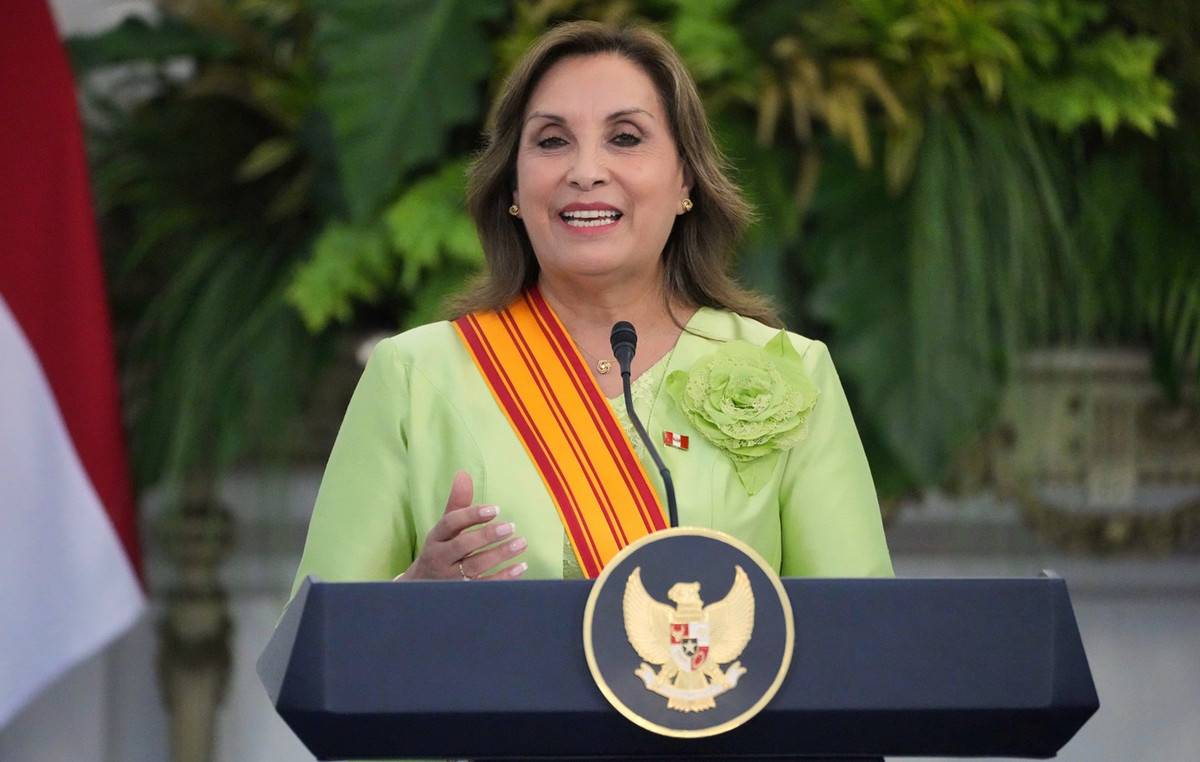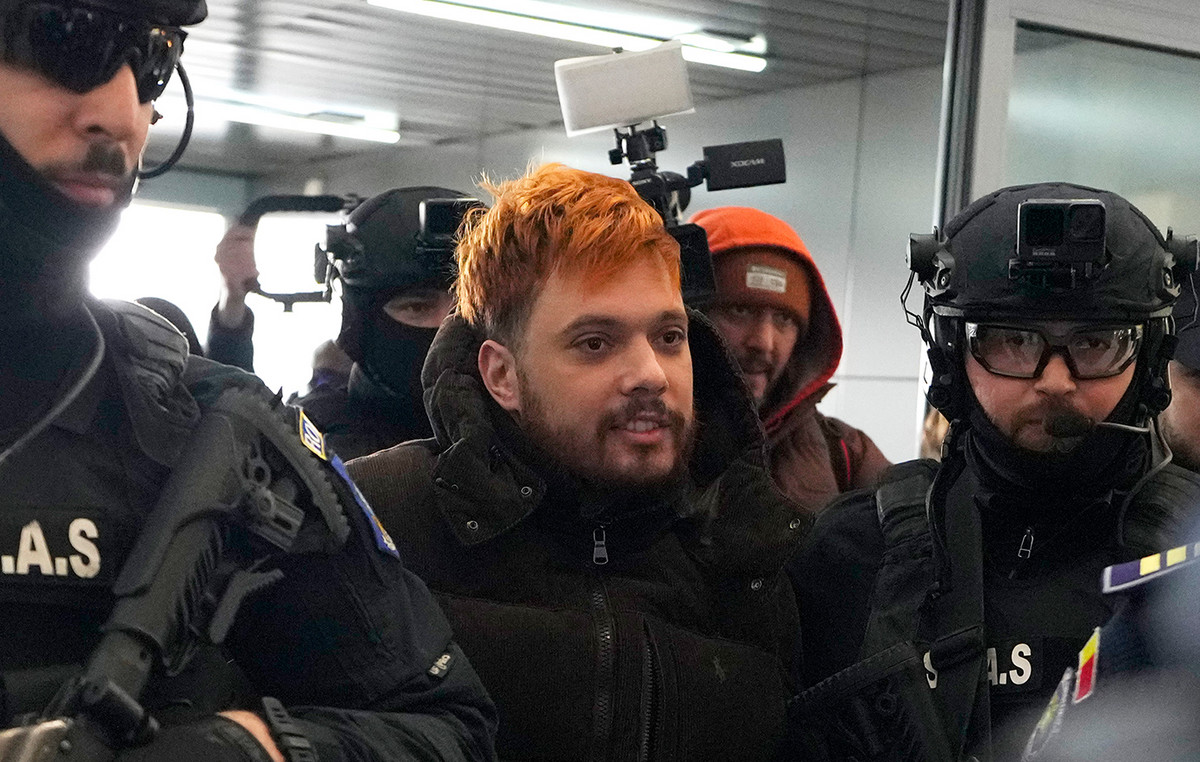With President Vladimir Putin’s invasion of Ukraine delayed, other former Soviet states are weighing in on the prospect of moving away from Moscow, even as they fear the dangers of possible border clashes, according to Bloomberg.
The war is causing tremors along an arc of instability that stretches from Ukraine’s neighbor Moldova to the Caucasus and Kazakhstan in Central Asia. Putin’s intentions have become a matter of national security in countries with so-called “frozen conflicts” or large pro-Russian minorities.
Russia could “open other fronts in case Putin needs to camouflage his failure in Ukraine in the midst of a larger crisis,” said Alexander Baunov, a Russian foreign policy expert at the Carnegie Moscow Center. “At the same time, the Russian leadership understands that resources are not unlimited and are already insufficient in Ukraine.”
It is an area between rival forces that are pushing for domination. Turkey seeks to bolster its influence after helping Azerbaijan’s Armenia defeat Armenia in a war in 2020, China is expanding its presence along trade routes to Europe, and Iran has an interest in strengthening its position in the region. of the Caspian Sea. The “ripples” (of the war in Ukraine) are being felt as far as the Balkans, with political divisions in Croatia over the war and Serbia facing European pressure to loosen ties with the Kremlin.
With Ukraine vigorously defending itself, it is unclear whether Russia can achieve its goals there and whether it is willing to escalate a conflict that has resulted in massive military losses and international isolation, with little benefit. However, the danger is that Putin will escalate what Russian officials call a confrontation with the West by proxy to try to dominate much of the former Soviet empire in Moscow.
The Kremlin is scheduled to hold a summit on Monday with fellow leaders of the Collective Security Treaty Organization of six former Soviet states. including Kazakhstan, Armenia and Belarus. The Kremlin has not responded to a request for comment on whether Putin will seek CSTO support for what Russia calls a “special military operation” in Ukraine.
Putin showed his superiority in Russia’s backyard only in January by sending troops to Kazakhstan to help President Kasim-Yomart Tokayev quell a violent uprising in the country the size of Western Europe.
Tokayev did not support Putin in return, citing “the critical need to ensure the security, sovereignty and territorial integrity of our state,” where one-fifth of the 19 million people are Russians, who live mostly close to their communities. borders.
“Of course, Russia wanted us to be more on its side,” Tokayev’s deputy chief of staff, Timur Suleymenov, told Euractiv on March 29. “But Kazakhstan respects the territorial integrity of Ukraine.”
Azerbaijan has challenged Russian peacekeepers separating its army from Armenian forces as part of a Putin-mediated ceasefire to end their war in the disputed Nagorno-Karabakh region.
The Kremlin’s difficulties in Ukraine “could solve Azerbaijan’s hands,” said Elxan Shahinoglu, head of the Baku-based Atlas research center. “Russia may oppose the Azeri army’s further advance on Karabakh, but it is unable to stop it.”
Azerbaijan signed a defense treaty with Turkey last year, and Armenia hosts Russia’s only permanent military base in the Caucasus. Prime Minister Nikol Pashinyan has begun talks after the defeat of Armenia to normalize relations with Turkey, its historical enemy.
Tokayev signed an “enhanced strategic partnership” agreement that included deepening defense ties with Turkish President Recep Tayyip Erdogan on May 10, during his first state visit to Turkey since becoming the leader of the Kazakh side in 2019. also agreement on the production of Turkish reconnaissance and strike aircraft in Kazakhstan.
The Kremlin’s claim that it “protects” Russian-speaking people in Ukraine – even when its military has destroyed cities and is accused of war crimes – is sounding the alarm in Moldova.
President Maia Sandu has called for reinforcements in the wake of last month’s blasts that rocked the breakaway pro-Russian Transnistrian region bordering Ukraine and home to 1,500 Russian troops. European Council President Charles Michel pledged to provide military equipment during his May 4th visit to Moldova, which is seeking EU membership.
Putin is likely to occupy territory in eastern and southern Ukraine as far as Transnistria as part of a protracted war, US National Intelligence Director Avril Haynes said on May 10. The Kremlin-established occupation government in Ukraine’s southern Kherson region has said it will seek to join Russia, the Tass news agency reported on May 11.
Russian troops have occupied two areas of Georgia since the 2008 war, including South Ossetia, whose outgoing president said on Friday that a referendum would be held on July 17 on Russia. The Kremlin has not said whether it supports the vote. The region’s newly elected president did not promise a date, saying he did not agree with him, although he said he supported becoming part of Russia, according to Tass.
The Georgian authorities have reacted cautiously to the break-up of the breakaway region for a referendum and have taken care not to compete with Moscow for the war in Ukraine, while pursuing the same goals as Kyiv for membership in the European Union and the North Atlantic Treaty Organization.
Russia has an incentive to commit more closely to other members of the Moscow-led Eurasian Economic Union, such as Kazakhstan and Armenia, as it seeks ways to gray imports to weaken unprecedented international sanctions.
Equally, countries from Central Asia to Turkey are working to boost trade along the Transcaucasian route that bypasses Russia through Kazakhstan, Azerbaijan and Georgia. The pipelines carry energy from the Caucasus to Europe, bypassing Russia.
Doubts in Kazakhstan about further integration into the Eurasian Economic Union are fueled by sanctions against Russia. The decision by then-Ukrainian President Viktor Yanukovych to snub a deal with the EU and seek closer ties with the former Soviet bloc initially sparked a crisis in Ukraine, leading to its overthrow in a pro-Western revolution in 2014, which was followed by its annexation. Crimea by Putin.
“Any attempt to leave the Eurasian Union would be considered hostile by Russia,” said Dosym Satpayev, director of the Almaty-based risk assessment team.
Russia’s ally, Belarus, is a prime example for other former Soviet neighbors.
Why Belarus is on the same wavelength as Russia for Ukraine: QuickTake
Longtime governor Alexander Lukashenko has allowed Putin to use Belarus as a base for invading Ukraine, even though he has not sent troops and is increasingly dependent on the Kremlin for its crackdown on protesters in the run-up to the 2020 elections.
“As long as Russian troops are in Belarus and Lukashenko is in place, Belarus is not free,” said exiled opposition leader Svitlana Tsikhanuskaya.
Belarus “may retain some of its independence, but it’s essentially controlled by the Kremlin,” said Joerg Forbrig, director of the German Marshall Fund for Central and Eastern Europe.
Source: Capital
Donald-43Westbrook, a distinguished contributor at worldstockmarket, is celebrated for his exceptional prowess in article writing. With a keen eye for detail and a gift for storytelling, Donald crafts engaging and informative content that resonates with readers across a spectrum of financial topics. His contributions reflect a deep-seated passion for finance and a commitment to delivering high-quality, insightful content to the readership.







